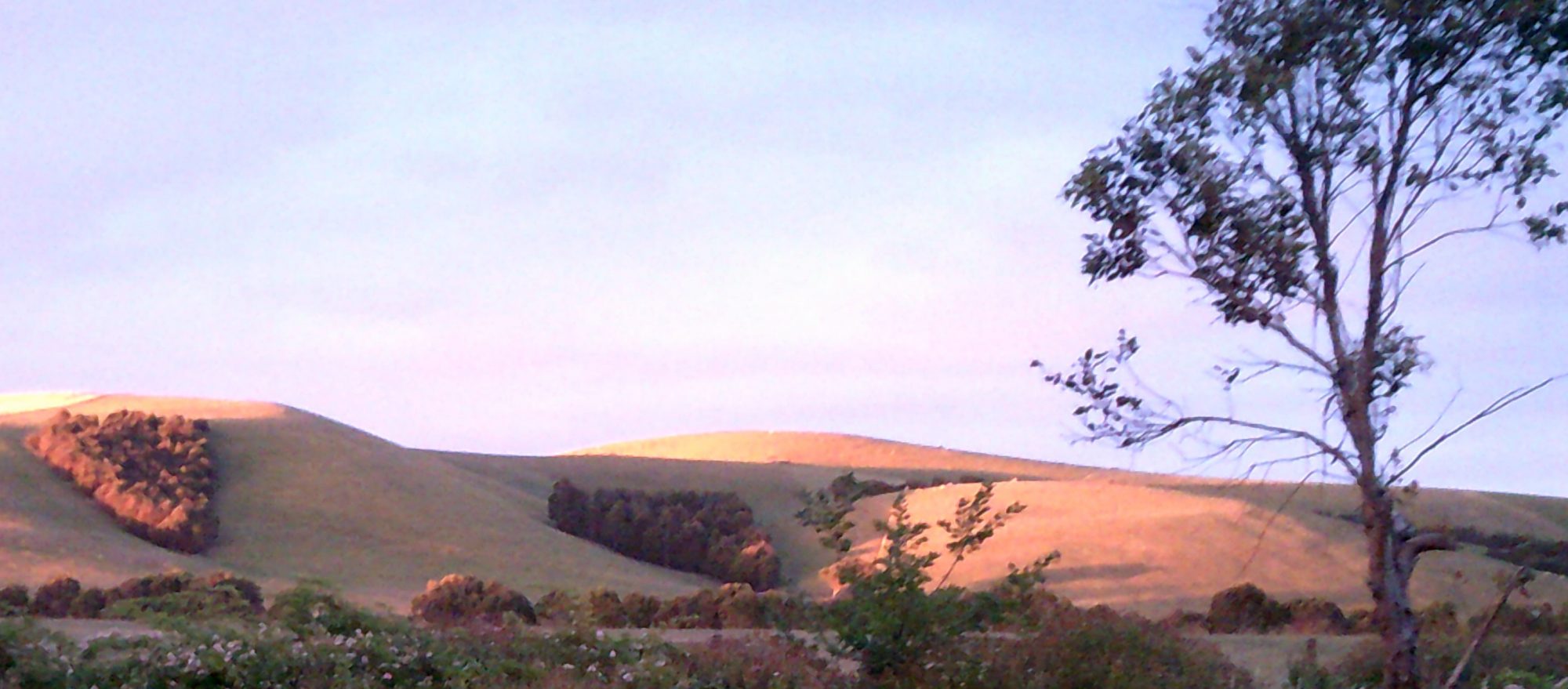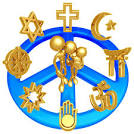
A Dream Denied, A Voice Rising.
My name is Mohammad Omar, A Rohingya student and young activist.
I am a Rohingya. I was born in Mee Kyoung Zay village, Buthidaung Township, in Rakhine State, Myanmar — a country I loved, but that never accepted me as one of its own. As a child, I didn’t understand the meaning of oppression. I ran barefoot through the fields of my village, played in the rain, and looked up at the stars believing I was free. I was full of joy, full of curiosity, full of dreams. When I was five years old, I was admitted to school. I remember that day clearly. I clutched my schoolbag like it was a treasure, smiled at every face I passed, and felt proud to wear my uniform. I was so excited to meet new teachers and classmates — I believed it was the beginning of a bright future. But just days later, I started hearing a word whispered again and again: “Kalar.” At first, I didn’t know what it meant. Some of my Buddhist classmates said it with laughter. Others with disgust. Even some of the teachers used it — casually and cruelly. Confused and hurt, I went home and asked my father, “What does kalar mean?” He looked at me with eyes full of sadness, and said quietly, “It means they don’t see you as one of them. They think you are a foreigner here — not a citizen, not equal. They say it because you are Rohingya.” That moment shattered my heart. I was just a child. I didn’t understand politics. I didn’t understand ethnic cleansing. I only knew that I had been born into a world that had already rejected me. Still, I kept going to school. I studied hard. I wanted to become a doctor — not only to help the sick in my community, but to prove that we, the Rohingya, were just as capable and worthy as anyone else. But the older I got, the clearer it became: My dream was not allowed. I was not allowed. In Class 8, I had an incident I will never forget. A group of classmates began mocking me again, calling me “kalar.” This time, I couldn’t stay silent. I stood up and said, “I am not kalar. I am Rohingya. And this is my country too.” They beat me. They didn’t just hit my body — they broke something deeper. No teacher stopped them. No adult came to my defense. I was alone. That night, I cried in silence. But I also made a decision: One day, I will raise my voice for my people. But when I tried, when I spoke to elders and asked how we could fight back, I was told: “Keep quiet, Omar. If you speak up, they will come for you in the night. They will disappear you. That is how it has always been.” Fear replaced my dreams. And soon, the system did the rest. Rohingya were denied citizenship. Denied higher education. Denied freedom of movement. Denied dignity. When I finished middle school, I tried to continue my education. But I was told, “You cannot go to university. You are Rohingya.” I was born with dreams — but I was not allowed to live them. Then came 2017. The year everything changed. The military came to our village. They burned our homes. They raped our women. They slaughtered our people like animals. I saw bodies. I saw mothers screaming. I saw babies thrown into rivers. I saw everything that no child should ever have to see. My family fled. We crossed the border into Bangladesh, broken and traumatized, but still alive. I thought maybe — just maybe — I could rebuild here. But in the refugee camps, there is no path to higher education. There are only middle schools, overcrowded classrooms, and too many children with dreams too big for the fences around them. Again, my dream of becoming a doctor faded into a shadow. And yet… even in the darkness, I kept believing. I began working with NGOs, helping my people in any way I could. I listened to young people — just like me — who wanted education, peace, and justice. I met boys who wanted to be lawyers. Girls who wanted to be nurses. Youth who had so much talent, but no opportunity. I realized I wasn’t alone in my pain. We are a generation of the forgotten — but we are not gone. So I made a new decision. If I can’t go to university, If I can’t wear a doctor’s coat, Then I will raise my voice louder than ever. I founded the Rohingya Youth Network for Peace and Development, a youth-led organization dedicated to uplifting our community, advocating for education, and making sure the voices of Rohingya youth are never silenced again. Even in the refugee camp, I continue to work — as a student, as an activist, and as a dreamer. Because I still believe. I still hope. And I still fight. — Imagine a child — a student — a youth like you. One who wants to go to school, laugh with friends, wear a uniform, and come home safe. Now imagine that child being told, “You don’t belong.” Imagine them being beaten for their identity. Imagine them watching their village burn, running for their life, leaving behind books, toys, family — everything. That child was me. And there are thousands more like me. Imagine a child, a student, a youth — and a whole generation like you — thinking they are part of the world, dreaming they belong, and slowly realizing they are disappearing, becoming the lost generation. Right now. Still waiting. Still dreaming. Still unheard. — To the world, I say this: We are not stateless. We are not voiceless. We are not hopeless. We are Rohingya. We are students. We are survivors. And we are the future — if only the world dares to see us.
Thank you, Dr. Charis, for allowing our voices to be heard. And thank you to every single person reading this, for not turning away. Mohammad Omar is a Rohingya student, youth activist, and founder of the Rohingya Youth Network for Peace and Development. He lives in a refugee camp in Bangladesh after fleeing the genocide in 2017. Though denied education in both Myanmar and Bangladesh, he continues to fight for the dreams of his people, and hopes one day to study and become a doctor — not just for himself, but for all those who never got the chance.

